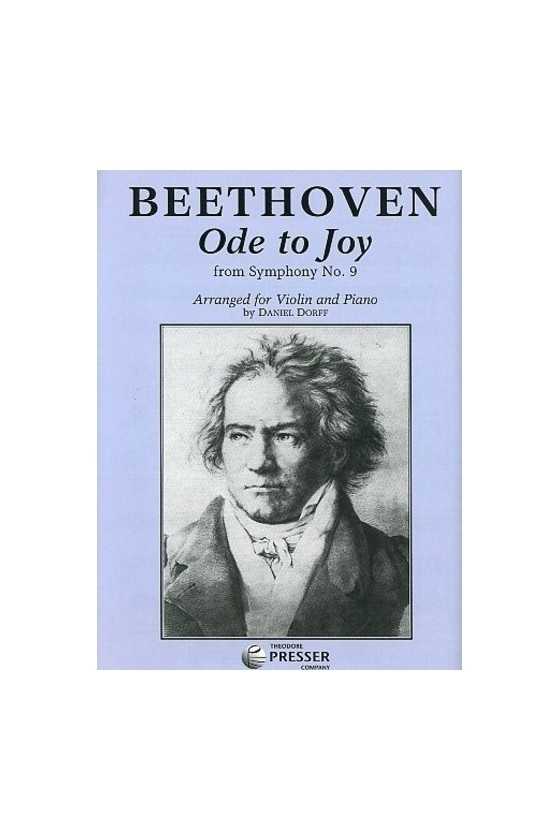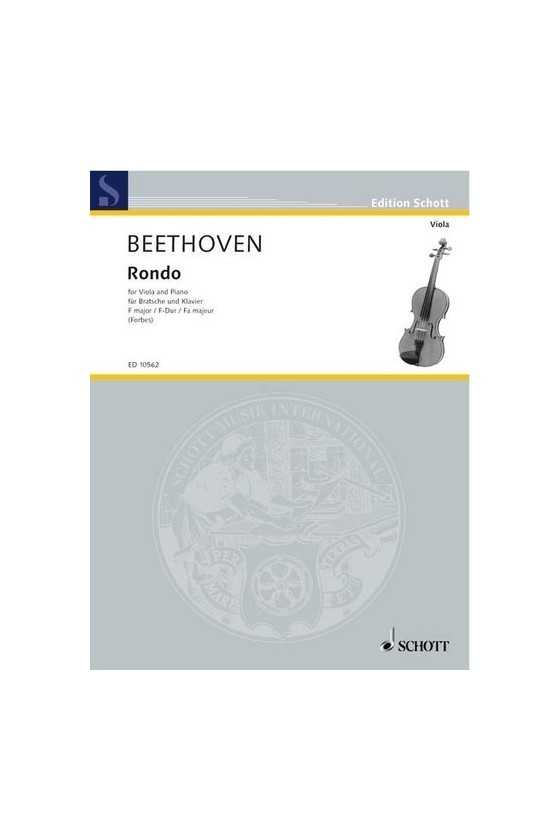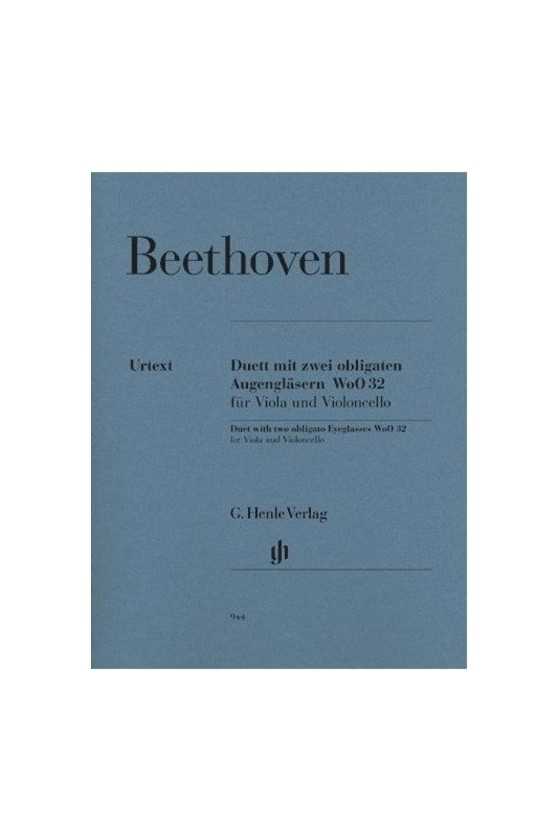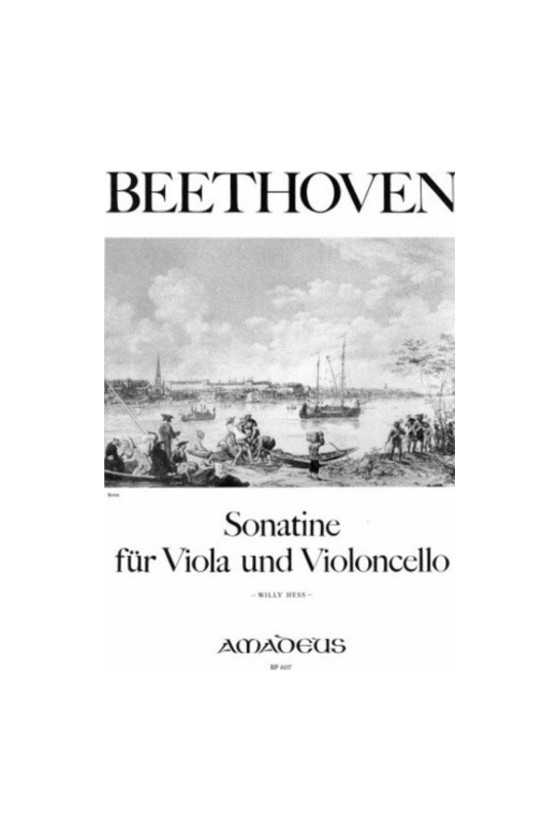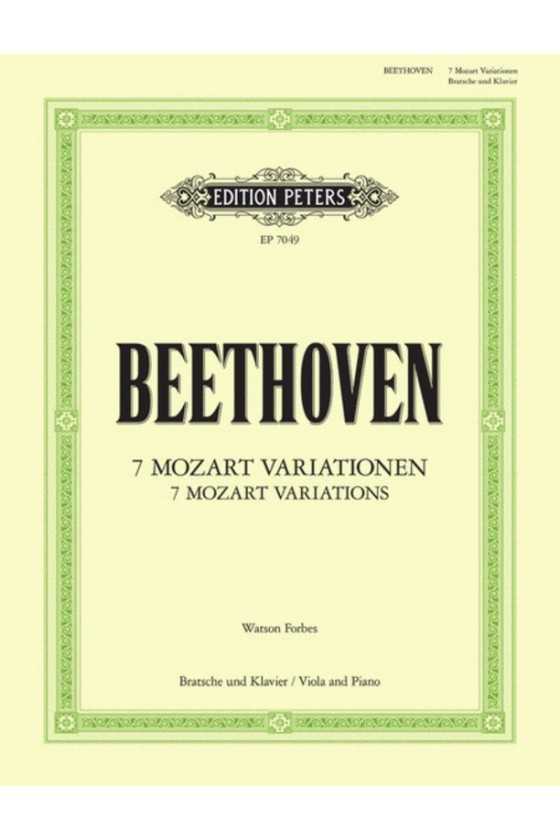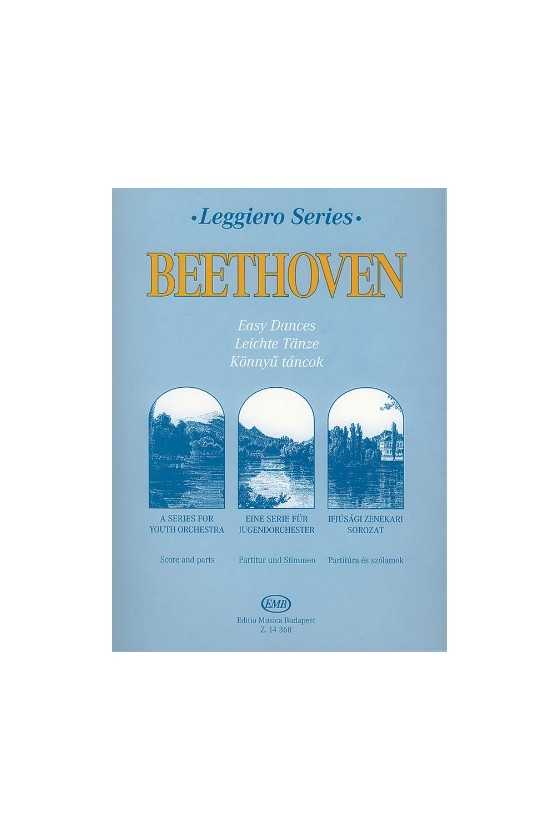- MenuBack
- Instruments
- Strings
- Violin Strings
- Violin Strings A-G
- Alphayue Violin Strings by Thomastik-Infeld
- Amber Violin Strings by Warchal
- Ametyst Violin Strings by Warchal
- Ascente Violin Strings by D'Addario
- Aurora Violin Strings by Larsen
- Brilliant Violin Strings by Warchal
- Brilliant Vintage Violin Strings by Warchal
- Chromcor Violin Strings by Pirastro
- Dominant Violin Strings by Thomastik-Infeld
- Dominant Pro Violin Strings
- Dynamo Violin Strings by Thomastik-Infeld
- Eudoxa Violin Strings by Pirastro
- Evah Pirazzi Violin Strings by Pirastro
- Evah Pirazzi Gold Violin by Pirastro
- Goldbrokat Violin E Strings
- Corelli Violin Strings
- E Strings - Various Brands
- Violin Strings H-O
- Helicore Violin Strings by D'Addario
- Hill Violin E String by W. E. Hill & Sons
- Infeld Blue Violin Strings
- Infeld Red Violin Strings
- Jargar Violin Strings
- Kaplan Violin Strings by D'Addario
- Karneol Violin Strings by Warchal
- Larsen Violin Strings
- Maestro Violin Strings
- Obligato Violin Strings
- Oliv Violin Strings
- Opal Titan Violin Strings
- Opal Gold Violin Strings
- Violin Strings P-Q
- Violin Strings R-Z
- Violin Strings A-G
- Viola Strings
- Viola Strings A-O
- Alphayue Viola Strings
- Ascente Viola Strings
- Dominant Viola Strings
- Eudoxa Viola Strings
- Evah Pirazzi Viola Strings
- Helicore Viola Strings
- Jargar Viola Strings
- Kaplan Viola Strings
- Larsen Viola Strings
- Larsen Virtuoso Soloist Viola Strings
- Maestro Viola Strings
- Obligato Viola Strings
- Oliv Viola Strings
- Opal Green Pro Viola Strings
- Viola Strings P-Z
- Viola Strings A-O
- Cello Strings
- Cello Strings A-E
- Cello Strings H-P
- Helicore Cello Strings
- Jargar Cello Strings
- Kaplan Cello Strings
- Larsen Cello Strings
- NS Design Electric Cello Strings
- Obligato Cello Strings
- Opal Gold Cello Strings
- Opal Titan Cello Strings
- Passione Cello Strings
- Permanent Cello Strings
- Perpetual Cello Original Strings
- Perpetual Soloist Cello Strings
- Piranito Cello Strings
- Precision Cello Strings by Thomastik-Infeld
- Prelude Cello Strings
- Prim Cello Strings
- Cello Strings Q-Z
- Double Bass Strings
- Double Bass Strings
- Belcanto Double Bass Strings
- Dominant Double Bass Strings
- Eudoxa Double Bass Strings
- Evah Pirazzi Double Bass Strings
- Helicore Double Bass Strings
- Kaplan Double Bass Strings
- Maestro Double Bass Strings
- NS Electric Double Bass Strings
- Obligato Double Bass Strings
- Perpetual Double Bass Strings by Pirastro
- Precision Double Bass Strings
- Prelude Double Bass Strings
- Spirocore Double Bass Strings
- Superflexible Bass Strings
- Double Bass Strings
- Bows
- Cases
- Accessories
- Learn - All Grades
- Beginner Methods A-N
- Abracadabra
- Adventures in Violinland
- The ABC's books
- All for Strings
- Artistry in Strings
- A Tune A Day
- Blackwell Books
- Colour Strings Books
- Edward Huws Jones
- Encore On Strings
- Essential Elements
- Flying Start for Strings
- L Fin Beginning Ensemble Series
- Katherine and Hugh Colledge
- Mary Cohen Books
- My First Pieces & My Next Pieces
- Nelson Books
- New Directions for Strings
- Perform
- Violin Sheet Music
- Composers Violin A-C
- Accolay, Jean Baptiste
- Achron, Joseph Yulyevich
- Albinoni, Tomaso
- Arne, Thomas Augustine
- Bach, Johann Sebastian
- Bartók, Béla
- Beethoven, Ludwig van
- Bloch, Ernest
- Beriot, Charles Auguste De
- Brahms, Johannes
- Bridge, Frank
- Bruch, Max
- Carse, Adam
- Campagnoli, Bartolomeo
- Cerulli, Bob
- Chausson, Ernest
- Chopin, Frédéric François
- Copland, Aaron
- Corelli, Arcangelo
- Corigliano, John
- Composers Violin D-G
- Dancla, Charles
- Debussy, Claude
- Delius, Frederick
- De Falla, Manuel
- Dinicu, Grigoraș Ionică
- Doflein, Elma
- Drdla, Franz
- Dvorak, Antonin
- Eccles, Henri
- Edwards, Ross
- Elgar, Edward
- Faure, Gabriel
- Finzi, Gerald
- Fiocco, Joseph Hector
- Franck, César-Auguste
- Gade, Jacob
- Guareschi, Giovannino
- Giazotto, Remo
- Górecki, Henryk
- Glazunov, Alexander
- Composers Violin H-K
- Composers Violin L-M
- Composers Violin N-T
- Perlman, Itzhak
- Paganini, Niccolò
- Power, James
- Prokofiev, Sergei
- Rachmaninoff, Sergei
- Ravel, Maurice
- Rieding, Oskar
- Rimsky-Korsakov, Nikolai
- Rode, Jacques Pierre Joseph
- Saint-Saens, Camille
- Sarasate, Pablo de
- Schumann, Robert
- Schubert, Franz
- Schradieck, Henry
- Seitz, Friedrich
- Shostakovich, Dmitri
- Sibelius, Jean
- Smetana, Bedrich
- Spohr, Louis
- Strauss, Richard
- Stravinsky, Igor
- Suk , Josef
- Svendsen, Johan
- Szelenyi, Istvan
- Szymanowski, Karol
- Tartini, Giuseppe
- Tchaikovsky, Pyotr Ilyich
- Telemann, Georg Philipp
- Piazzolla, Astor
- Composers Violin U-Z
- Popular Violin Sheet Music
- Other Violin Sheet Music
- Composers Violin A-C
- Viola Sheet Music
- Composers Viola A-C
- Accolay, Jean-Baptiste
- Anderson, Kenneth
- Bach, Johann Christian
- Bach, Carl Philipp Emanuel
- Bach, Johann Sebastian
- Bartók, Béla
- Bax, Arnold
- Beethoven, Ludwig van
- Bériot, Charles Auguste de
- Biber, Heinrich Ignaz Franz
- Bloch, Ernest
- Boccherini, Luigi
- Böhm, Karlheinz
- Bohm, Theobald
- Bowen, York
- Brahms, Johannes
- Bridge, Frank
- Britten, Benjamin
- Bruch, Max Felix
- Butterworth, Arthur
- Carter, Elliott
- Clarke, Rebecca
- Corelli, Arcangelo
- Corrette, Michel
- Composers Viola D-G
- Dale, Benjamin
- Dean, Brett
- Debussy, Claude
- Dittersdorf, Carl Ditters von
- Dodgson, Stephen
- Dounis, Demetrius Constantine
- Dvořák, Antonín
- Eccles, Henry
- Elgar, Edward
- Eliot, Norton, Charles
- Enesco, Georges
- Fauré, Gabriel
- Fiocco, Joseph-Hector
- Forbes, Watson
- Franck, Cesar
- Francoeur, François
- Fuchs, Lillian
- Gershwin, George
- Glazunov, Alexander
- Glinka, Mikhail
- Granados, Enrique
- Composers Viola H-K
- Handel, George Frideric
- Handoshkin, Ivan Evstafeivich
- Haydn, Joseph
- Hindemith, Paul
- Hoffmeister, Franz Anton
- Hovhaness, Alan
- Hubay, Jenő
- Hyde, Miriam Beatrice
- Jacob, Gordon
- Joachim, Joseph
- Jones, Matthew
- Kalliwoda, Johann Wenzel
- Kayser, Heinrich Ernst
- Kreisler, Fritz
- Kreutzer, Rodolphe
- Küchler, Ferdinand
- Jenkinson, Ezra
- Composers Viola L-M
- Composers Viola N-R
- Pachelbel, Johann
- Nyman, Michael
- Onslow, George
- Paganini, Niccolò
- Pergolesi, Giovanni Battista
- Piatigorsky, Gregor
- Piazzolla, Astor
- Prokofiev, Sergei
- Puccini, Giacomo
- Purcell, Henry
- Rachmaninoff, Sergei
- Ravel, Maurice
- Reger, Max
- Reinecke, Carl
- Richardson, Alan
- Rieding, Oskar
- Rimsky-Korsakov, Nikolai Andreyevich
- Rivier, Jean
- Rode, Jacques Pierre Joseph
- Composers Viola S-T
- Composers Viola U-Z
- Popular Viola Sheet Music
- Other Viola Sheet Music
- Composers Viola A-C
- Cello Sheet Music
- Composers Cello A-C
- Andriessen, Louis
- Bach, Johann Sebastian
- Bantock, Granville
- Bartók, Béla
- Beethoven, Ludwig van
- Bloch, Ernest
- Boccherini, Luigi
- Boëllmann, Léon
- Brahms, Johannes
- Bréval, Jean-Baptiste
- Bridge, Frank
- Britten, Benjamin
- Bruch, Max
- Caix d'Hervelois, Louis de
- Carse, Adam
- Cassadó, Gaspar
- Cirri, Giovanni Battista
- Clarke, Rebecca
- Composers Cello D-G
- Dare, Marie
- Davydov, Karl
- Debussy, Claude Achille
- Fesch, Willem de
- Dvorak, Antonin Leopold
- Eccles, Henry
- Elgar, Sir Edward
- Falla, Manuel de
- Faure, Gabriel-Urbain
- Ferguson, Howard
- Feuillard, Louis
- Foss, Lukas
- Franchomme, Auguste
- Francoeur, François
- Gabrieli, Giovanni
- Galliard, Johann Ernst
- Glazunov, Alexander
- Goens, Daniël van
- Goltermann, Georg
- Guymer, Ingrid
- Granados, Enrique
- Gounod, Charles François
- Composers Cello H-K
- Composers Cello L-M
- Composers Cello N-R
- Composers Cello S-T
- Saint-Saëns, Camille
- Sammartini, Giuseppe
- Sassmannshaus, Kurt
- Schubert, Franz
- Schumann, Robert Alexander
- Sculthorpe, Peter
- Senaillé, Jean Baptiste
- Shostakovich, Dmitri
- Sibelius, Jean
- Squire, William Henry
- Strauss, Richard
- Stravinsky, Igor
- Tartini, Giuseppe
- Tchaikovsky, Pyotr Ilyich
- Telemann, Georg Philipp
- Trowell, Arnold
- Composers Cello U-Z
- Popular Cello Sheet Music
- Other Cello Sheet Music
- Composers Cello A-C
- Play Together
- School Orchestra A-H
Beethoven, Ludwig van
Ludwig van Beethoven (December 1770 - 26 March 1827 ) was a musician and composer from Germany. Beethoven is still regarded as one of the most renowned composers in Western music history, and his compositions are among the most often played in the classical music repertoire. In classical music, his pieces cover the transition from the classical to the romantic periods. His career has often been split into three periods: early, middle, and late. The "early" phase, when he honed his technique, is generally thought to have lasted until 1802. From 1802 to 1812, his "middle" era exhibited a distinct evolution from Joseph Haydn's and Wolfgang Amadeus Mozart's "classical" styles and is often referred to as "heroic." During this period, he became deafeningly deafeningly deafeningly deafeningly deafeningly deaf He continued to innovate in musical form and expression throughout his "late" era, from 1812 until he died in 1827.
Beethoven's musical ability was evident at a young age, and his father, Johann van Beethoven trained him severely and intensely at first. Beethoven was subsequently tutored by Christian Gottlob Neefe, a composer, and conductor, under whose guidance he released his first composition, a set of piano variations, in 1783. He sought solace from his troubled home life with Helene von Breuning's family, whose children he adored, befriended, and taught piano. At 21, he went to Vienna, where he would later call home, to study composition under Haydn. Beethoven's reputation as a great pianist grew. Karl Alois quickly courted him Prince Lichnowsky for pieces, resulting in his three Opus 1 piano trios (his first works to get an opus number) in 1795.
His first significant orchestral piece was released in 1800, while his first set of string quartets was published in 1801. His hearing started to worsen at this time, yet he continued to conduct, debuting his Third and Fifth Symphonies in 1804 and 1808. In 1806 he published his Violin Concerto. In 1810, Beethoven's last piano concerto (No. 5, Op. 73, dubbed the "Emperor"), dedicated to his frequent patron Archduke Rudolf of Austria, was performed, although without Beethoven soloist. By 1814, he was almost deaf, and he stopped playing and appearing in public. In two letters, his "Heiligenstadt Testament" (1802) to his brothers and his unsent love letter to an unnamed "Immortal Beloved," he detailed his health difficulties and unfulfilled personal life (1812).
Beethoven wrote several of his most renowned works, including his later symphonies, mature chamber music, and piano sonatas, in the years after 1810, as he became less socially engaged. Fidelio, his sole opera, was initially presented in 1805 and was altered to its final version in 1814. He wrote his Missa Solemnis between 1819 and 1823 and his Ninth Symphony, one of the earliest choral symphonies, between 1822 and 1824. His late string quartets of 1825–26 are his last accomplishments, written in his dying years. He died in 1827 after a few months of bedridden sickness. Beethoven's compositions are still famous in the classical music world.
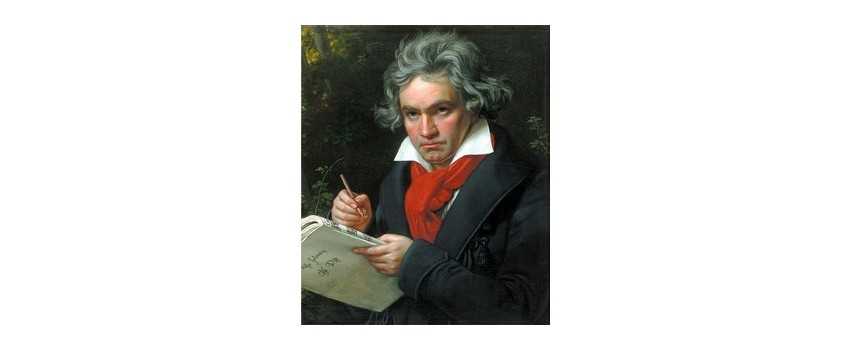
7 products.
Boxed:
Sticky Header:
Sticky Add To Cart
Sticky Footer:
Font:

